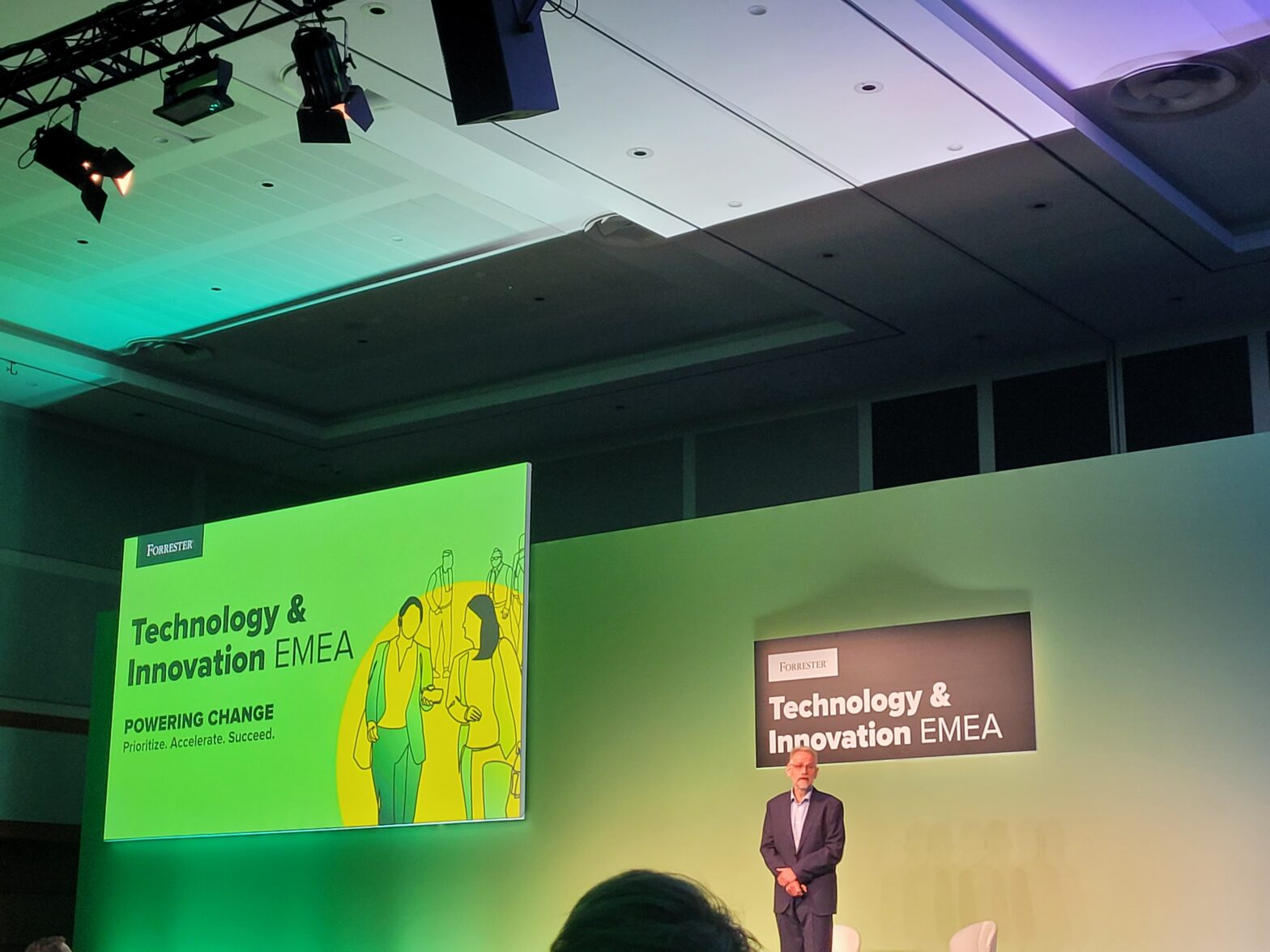Just 15% of chief technology officers or CTOs at FTSE 100 firms are women, according to research by developer recruitment platform CodinGame.
This suggests that female tech champions, like many women in tech, are struggling to break into the top jobs.
The research found that two companies in the FTSE 100 have both a female CTO and CEO. They are Severn Trent, led by Liv Garfield where Jayne Showell is CTO/CIO and at GlaxoSmithKline (GSK), where Dame Emma Walmsley is CEO and Karenann Terrell is the chief digital and technology officer.
GSK is one of the three firms in the top 10 by market capitalisation that have female CTOs, alongside AstraZeneca and British American Tobacco.
Diversity in technology: The playbook of best practice
Gender diversity: some progress, but change has been slow
The issue of gender diversity on company boards has been high on the agenda for years and although change has been slow, progress has been broadly good.
A third of board roles at FTSE 100 firms are now held by women, according to the government-backed Hampton-Alexander Review of gender equality in business. This target of 33% representation at board level was reached by Britain’s leading firms ahead of the 2021 target but this success is a stark difference to the progress among CTO roles for women.
Key stats:
1. Only two companies in the FTSE 100 have both a female CTO and CEO
2. Three of the top 10 firms by market capitalisation have female CTOs
3. The average female representation on FTSE 100 boards is 33%
Stereotypes holding back diversity drive
Gender diversity within tech has proved a stubborn problem to shift because there exist stereotypes of what a coder looks like — typically a man between 25 and 35 years old. Some recruiters are taking steps to remove bias from the hiring process.
CodinGame, like some other recruitment agencies, is attempting to solve this problem by giving recruiters only that information that is relevant to their candidate search, keeping them in the dark about a potential recruit’s sex and gender until later in the process.
Aude Barral, co-founder of CodinGame, commented: “There’s no good reason why women are not well represented at CTO level. This research shows that when it comes to jobs in tech, FTSE 100 firms are behind the curve and need to urgently investigate why this is happening. Gender diversity in tech is a global challenge.
“Campaigning on this issue should have ceased to be necessary long ago but tech recruiters can be prone to hiring clones who fit an expectation of what a developer is, not to mention the fact that unconscious biases still imply that women may perform worse than men in developer roles. There is also a natural temptation to revert to seeking out candidates who resemble staff they have hired successfully before. As a result, the tech industry remains a male-dominated world.
“If you ask the coding community about gender bias, they will proudly tell you that sex and gender don’t come into it. It’s time that the industry’s public face reflected that core belief too and the first place this needs to happen is within the UK’s biggest companies.”
Information Age analysis
The fact that 15% of CTOs at FTSE 100 firms are women is disappointing, but not unfortunately, not surprising.
The current levels of women in technology in the UK stands at approximately 16% and so the number of female CTOs at FTSE 100 companies fits this average.
The situation has gradually improved over the last few years, but only slightly. In order for more women to enter the world of technology and be employed in the most senior roles, unconscious bias needs to be dismantled at a systemic level, the recruitment process must be changed and more needs to be done to encourage girls from a younger age to consider a career in the industry.
The increased presence and celebration of female role models is one way to do this, which is what Information Age has done with its Women in IT Summit & Awards Series. But, crucially, more needs to be done at an industry level to improve the levels of diversity within tech.







